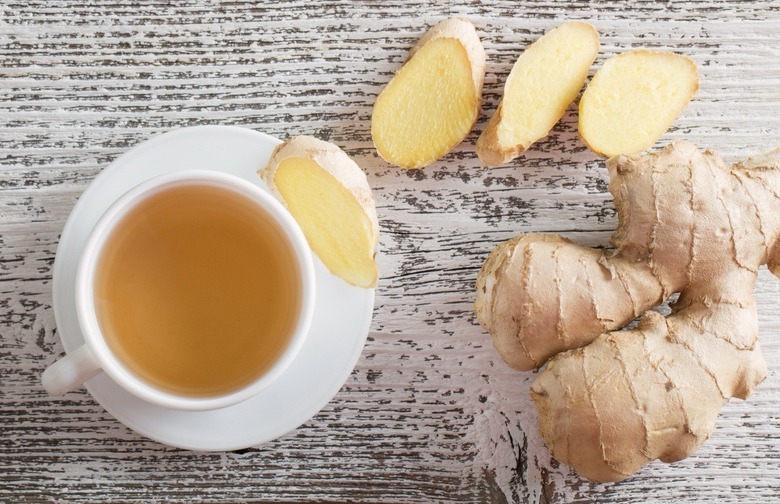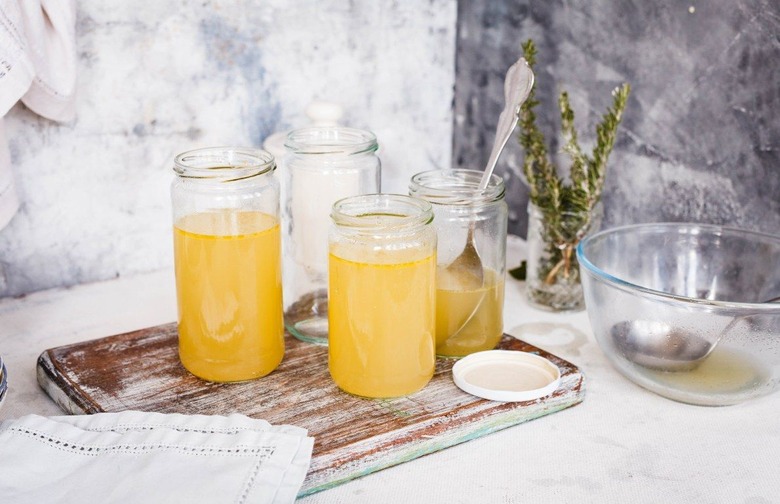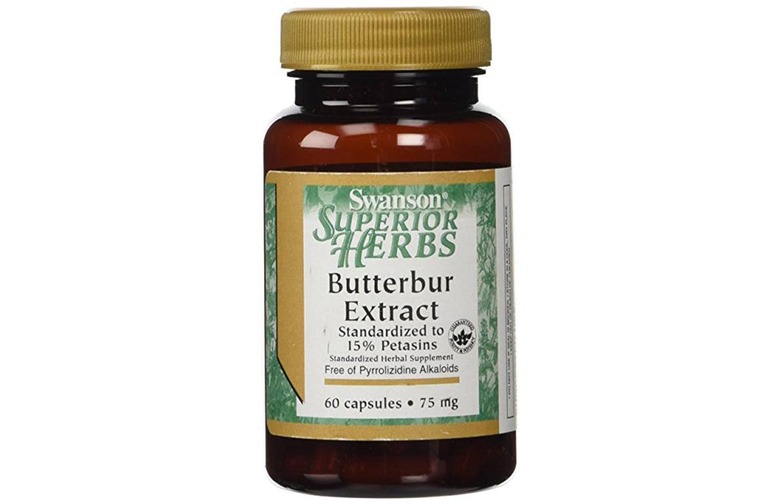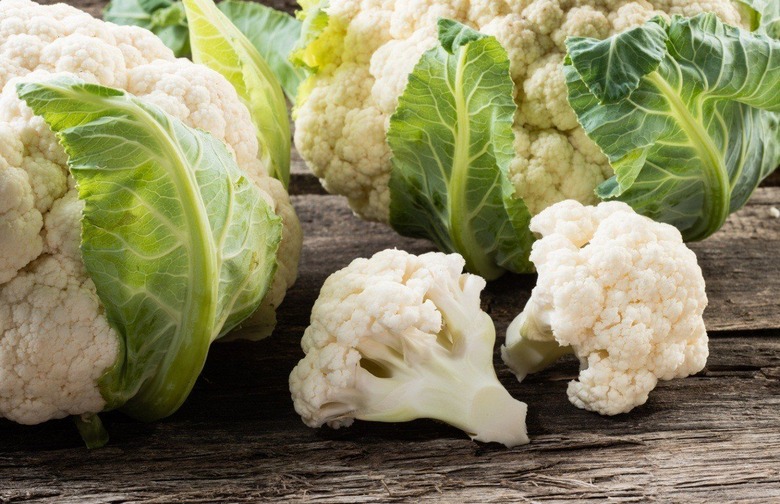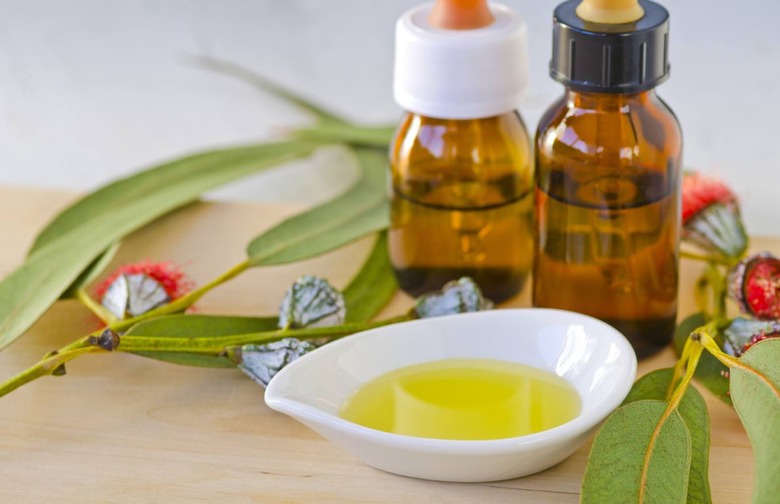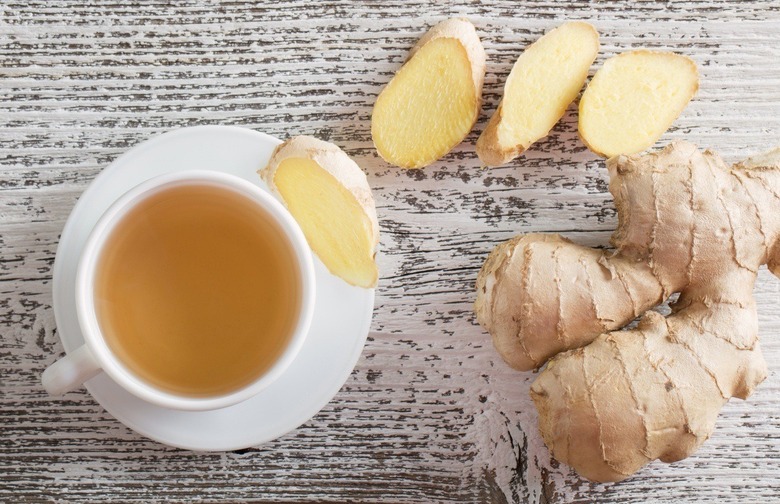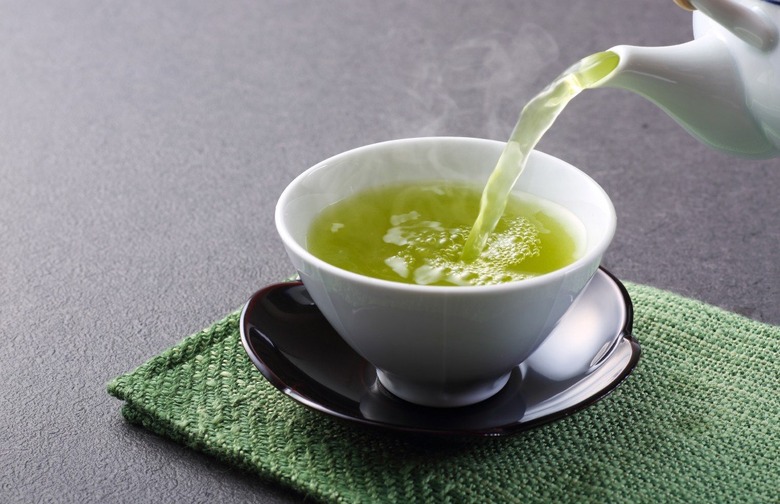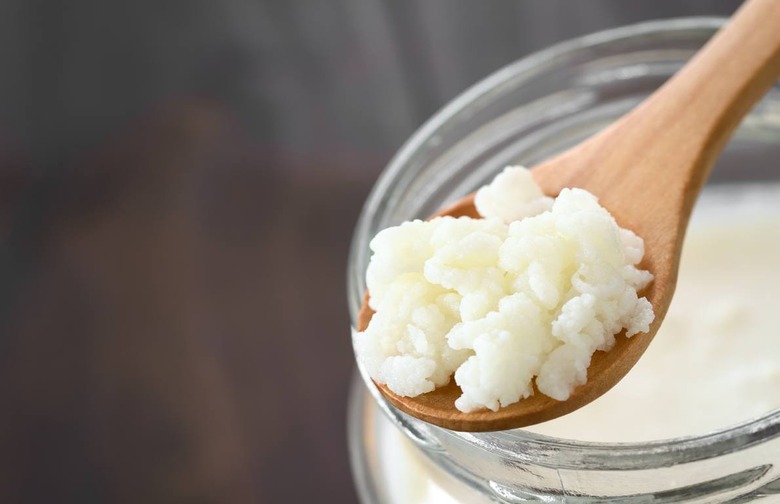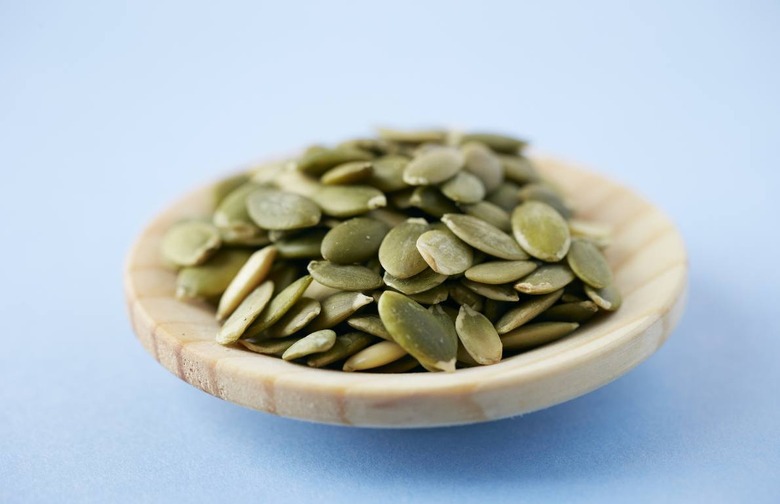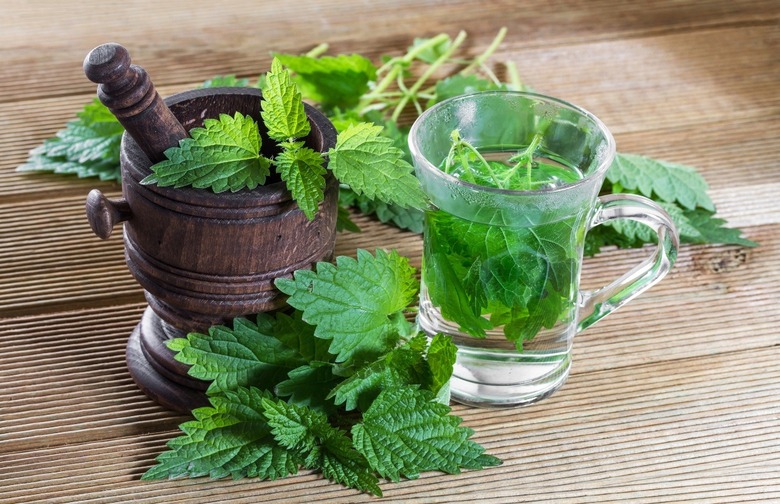10 Natural Remedies For Late Spring Allergies Slideshow
Spring has arrived, and with it comes luscious gardens, vibrant foliage, and, of course, debilitating allergies. But remember, you are not alone: Seasonal allergies (formally known as allergic rhinitis) affect around 50 million Americans each year.
After a couple weeks of wrestling with an itchy throat, stuffy nose, and general fatigue, people are willing to try anything. Natural remedies like collagen-rich bone broth or quercetin-loaded cauliflower can help reduce symptoms of seasonal allergies, and allow you to enjoy the beautiful spring weather in peace.
Bone Broth
Its deep flavor is not only rich and delicious, but bone broth can also help alleviate spring allergy symptoms. Bone broth is rich in collagen, proline, and glycine; nutrients that may help relieve respiratory problems, as well as reduce inflammation. If you don't have hours to wait for your bone broth to simmer, you can whip up a cup in seconds with these bone broth Keurig cups.
Butterbur
Although it's not especially pleasant drizzled over movie theater popcorn, butterbur extract is used to treat all sorts of ailments, from coughs and headaches to chills and anxiety, but it is especially useful against hay fever. The National Center for Complementary and Integrative Health, however, warns that raw, unprocessed butterbur plant contains pyrrolizidine alkaloids (PA) — chemicals that can cause liver damage and serious illness. Therefore, make sure to purchase butterbur products that are certified as PA-free.
Cauliflower
Cauliflower is useful in relieving allergy symptoms because it contains quercetin, a natural antihistamine. Quercetin prevents the immune system cells from releasing the histamines that cause allergy symptoms. Easily incorporate cauliflower into your diet by forming it into a pizza crust, or by making buffalo cauliflower bites.
Eucalyptus Oil
A major component of eucalyptus oil has been found to have antimicrobial effects, but research suggests that eucalyptus oil is most impactful when inhaled as a vapor. To make a eucalyptus steam bath, pour a cup of boiling water into a bowl and mix in 10 drops of eucalyptus oil. Next, place a towel over your head and inhale deeply for five to ten minutes in order to experience the sinus-clearing effects. Eucalyptus oil (about 25 drops) can be added to each load of laundry, which may help relieve symptoms.
Fish Oil
DHA and EPA are two types of omega-3 fatty acids that have been found to subdue allergic reactions. Fish like sardines, salmon, and tuna, are all good sources of omega-3s, which are more effective when consumed naturally rather than from a supplement. Get some fatty acids into your diet with these 10 recipes that will have you falling in love with salmon all over again.
Ginger
Ginger root adds a pungent and spicy pop to soups, stews, and stir-fried dishes, but ginger is also cited in The Encyclopedia of Medicinal Plants as a cure for nausea, a circulatory stimulant, and an antibacterial. ol, a compound found in ginger, is especially useful for battling allergy symptoms because it alleviates congestion by reducing inflammation of the nasal passage. Try steeping some freshly grated ginger in hot water with some warm spices and honey. Ginger is one of the more reliable of the homeopathic cures, as current research has confirmed its pathogen-inhibiting properties.
Green Tea
When green tea is brewed properly, it does much more than soothe your throat. The antihistamines within the tea also reduce the severity of allergy symptoms. Drink a cup in the morning to help avoid that a.m. sneezing fit, or make some creamy matcha green tea ice cream.
Kefir
A yogurt-based beverage, kefir contains probiotics, helpful bacteria that live in the gut and benefit digestion. The probiotics in kefir are useful in suppressing allergic reactions to pollen, because the bacteria introduced by the live cultures reduce the body's response to irritants.
Pumpkin Seeds
Pumpkin seeds, also called pepitas, contain high amounts of magnesium — more than 100 percent of your recommended daily intake — which helps relieve airways in the lungs. One study found that animals with low levels of magnesium released a greater amount of symptom-causing histamines when subjected to certain allergens. Pumpkin seeds can be mixed into yogurt, cereal, or granola, and have many other culinary uses as well.
Stinging Nettle Leaves
There is still not enough evidence to determine its health benefits, but nettle leaf extract is a common folk remedy that has been used for centuries as a way to relieve colds and hay fever (an allergic reaction cause by pollen or dust). Nettle leaf is a natural antihistamine that reduces the severity of allergy symptoms. The leaves are rich in vitamins A, B complex, C, E, K, and they can be steeped to make a tea or consumed as concentrated extract.
